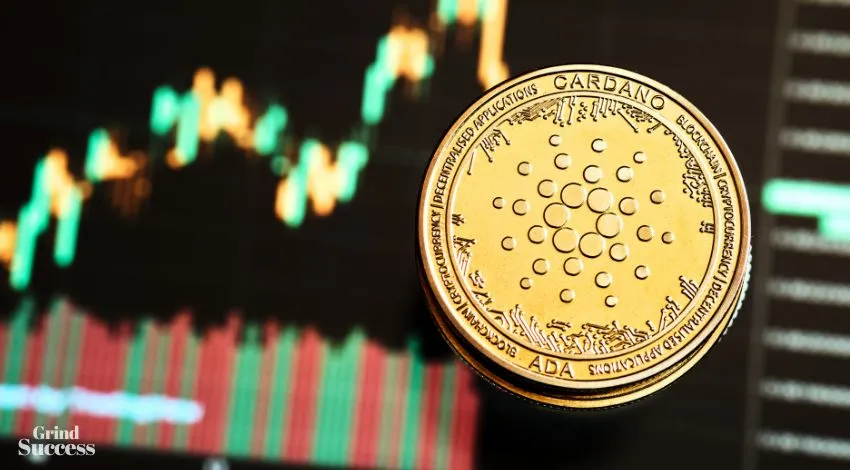The Unique Appeal of Futures Trading in Comparison to Other Options

In the world of financial markets, investors seek opportunities that promise high returns while properly minimizing risks. Futures trading is one area that has recently experienced significant growth.
As an active participant in the financial markets, understanding how futures trading compares to other options is critical for making educated decisions.
Futures trading is a type of derivative investment that includes entering into contracts to buy or sell an asset at a fixed price on a future date. This strategy differs from typical stock trading, in which investors buy and sell shares of a firm.
The appeal of futures trading stems from its potential to gain on price swings without owning the underlying asset.
The futures market includes a wide range of commodities, currencies, and financial instruments, giving investors a variety of options to consider.
One key advantage of futures trading is the possibility of large returns. The leverage available in futures markets enables investors to control a larger position with a smaller initial commitment.
This amplification effect can result in higher earnings, but it also increases the risk of big losses. Investors in futures trading must walk carefully, weighing the benefits of large returns against the necessity for risk management.
Futures trading is different from conventional options in several ways. For example, futures contracts contain standardized terminology, which makes trading easier.
In contrast, options trading gives investors the right but not the responsibility to buy or sell an asset at a specified price.
While this flexibility is beneficial, the complexity of options contracts can be a deterrent for some investors. Futures trading, with its basic contractual provisions, appeals to individuals who value simplicity and ease of implementation.
Risk management is an important part of every investing strategy, and futures trading provides unique methods for hedging against price swings. By entering into futures contracts, investors can reduce their exposure to adverse market swings.
This risk-mitigation capability distinguishes futures trading from other options by offering a level of security that appeals to a wide range of investors.
In the fast-paced world of financial markets, liquidity is a critical factor. Futures markets are known for their high liquidity, which allows for quick deal execution.
This functionality is especially useful for active traders and institutions that want to enter and exit positions effortlessly
In contrast, options trading may experience liquidity issues, particularly in less actively traded contracts. The ability to make trades quickly in futures markets works in their favor.
Another feature that distinguishes futures trading is the potential for portfolio diversification.
With a wide range of underlying assets, such as commodities, interest rates, and stock indices, the futures market allows investors to spread their risk across multiple markets.
This inherent diversification can be an effective technique for developing a resilient portfolio, particularly during periods of market volatility.
Finally, futures trading distinguishes itself as a dynamic and diverse choice in the financial markets.
Its potential for large returns, ease of execution, risk management tools, liquidity, and portfolio diversification make it an appealing option for many investors.
While other options, such as regular stock trading and options trading, have advantages, futures trading’s distinguishing features contribute to its growing popularity.
As investors navigate the complicated environment of financial markets, a comprehensive grasp of the strengths and considerations connected with futures trading is critical for making sound investment decisions.





